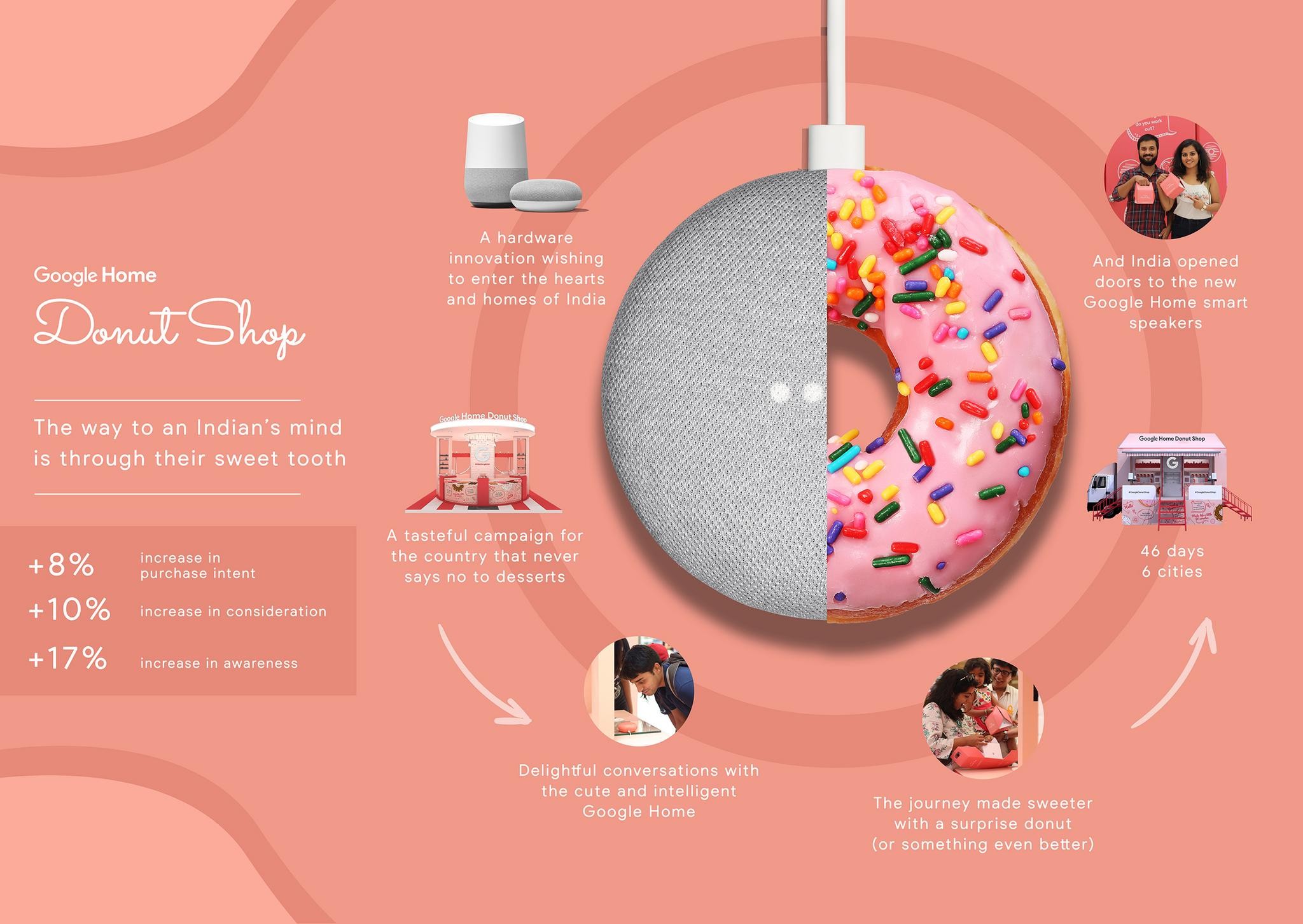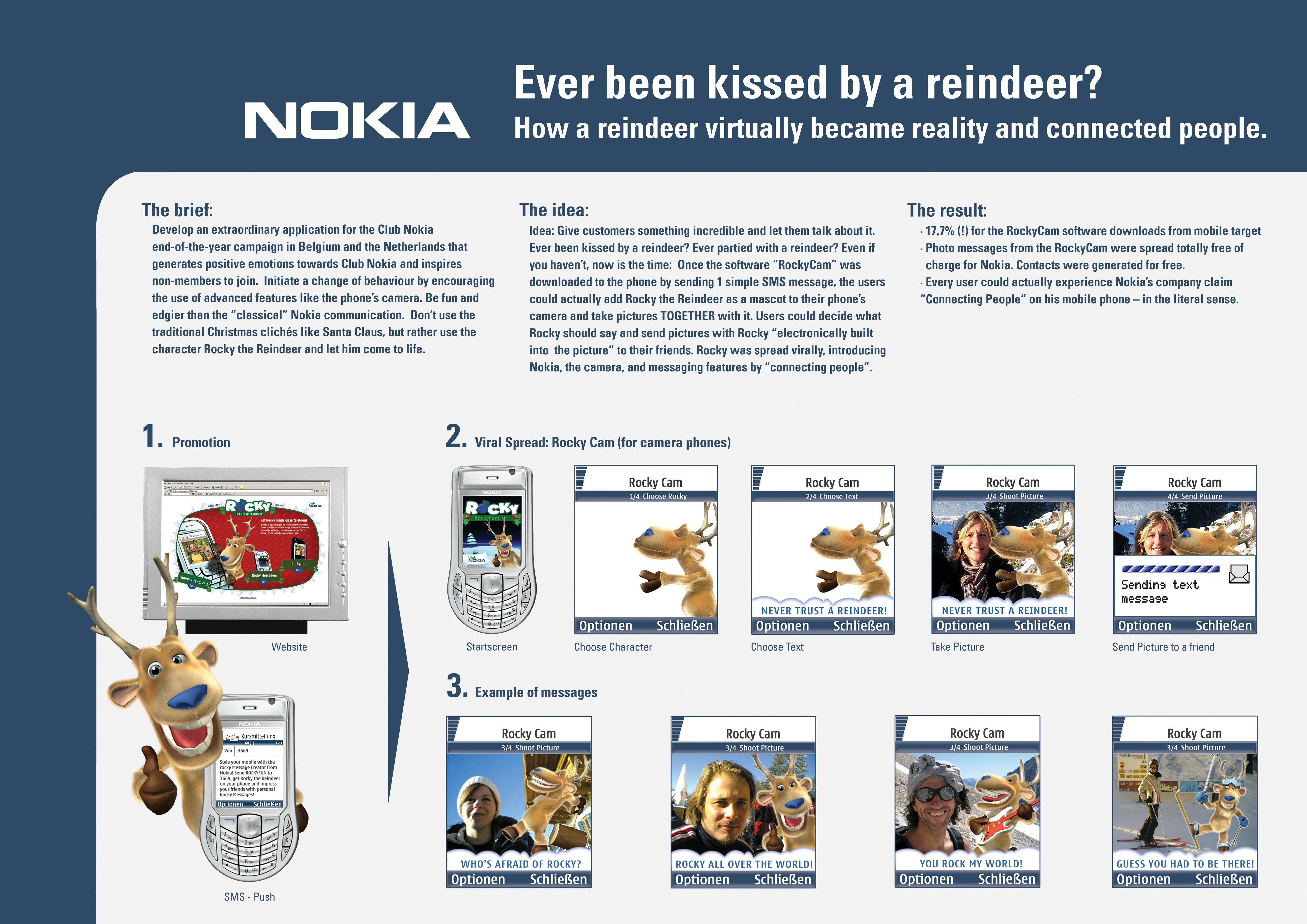Cannes Lions
NASA's Frontier Development Lab
GOOGLE, San Francisco / GOOGLE / 2020


Overview
Entries
Credits
Overview
Background
Scientific endeavors are often hindered by researchers’ inability to process the deluge of data that modern instruments produce. Google Cloud scales systems for data handling and computation, transforming and streamlining the processing of data that—in many cases—was previously done by hand and at great length. Through the use of A.I., data, and computational techniques at scale made possible through Google Cloud and Intel, teams now carry out intense calculations of data faster than before. Short films offer an over-the-shoulder (and digestible) look at how Google Cloud and Intel technology have helped FDL conduct meaningful research by turning invisible technology that functions behind-the-scenes into tangible outcomes. And by centering on the people who interact with these technologies each day, the content captures the spirit of the scientists who are solving big challenges through data and tech.
Idea
What if we could forecast floods to save millions of lives? What if we could predict a solar flare before it sends us into darkness? Are there resources on the Moon that would allow us to live there? Every summer, NASA brings scientists together from around the world at its incubator, Frontier Development Lab, to answer questions like this.
By creating and sharing Google Cloud’s technology, we have the power to change how scientists fundamentally look at complicated questions and can help solve some of humanity’s biggest problems.
Strategy
Much of the research done at Frontier Development Lab is highly experimental, pushing the boundaries of existing practices and knowledge to accelerate the adoption of new tools and techniques, particularly in the areas of AI. So far they have had tremendous successes in many areas, with publications in prestigious scientific journals and conferences. Areas like exoplanet discovery, astrobiology, moon resource detection, flood prediction, solar activity measurement and prediction, and astronaut health are just some examples of the breadth of impact the program has had.
More broadly, many of these advances inevitably cross-pollinate other areas of research, and some of the techniques researched originally at FDL have already had independent adoption in other scientific domains.
Execution
Google Cloud is helping researchers find new ways to progress science and technology through the use of AI, data and computational techniques at scale. In collaboration with the Frontier Development Lab (FDL), the Google Cloud Platform (GCP) has been running accelerated research programs at FDL for the last three years.
Scientific endeavors are often hindered by the inability to process the deluge of data that modern instruments produce at scale. Google Cloud scales systems for data handling and computation which can transform and streamline the processing of data.
Technologies such as Kubernetes and BigQuery are helping the scientists to map, transform and analyze data from satellites, space probes and earth sensors.
At the same time, the deep learning revolution is bringing new important tools that can help analyze data and extract scientific knowledge from them in new and more effective ways. Google has built a rich platform that allows researchers in scientific areas to quickly become productive at building sophisticated ML models on their data, and to experiment with many techniques to find a good fit for their problem.
Similar Campaigns
12 items




